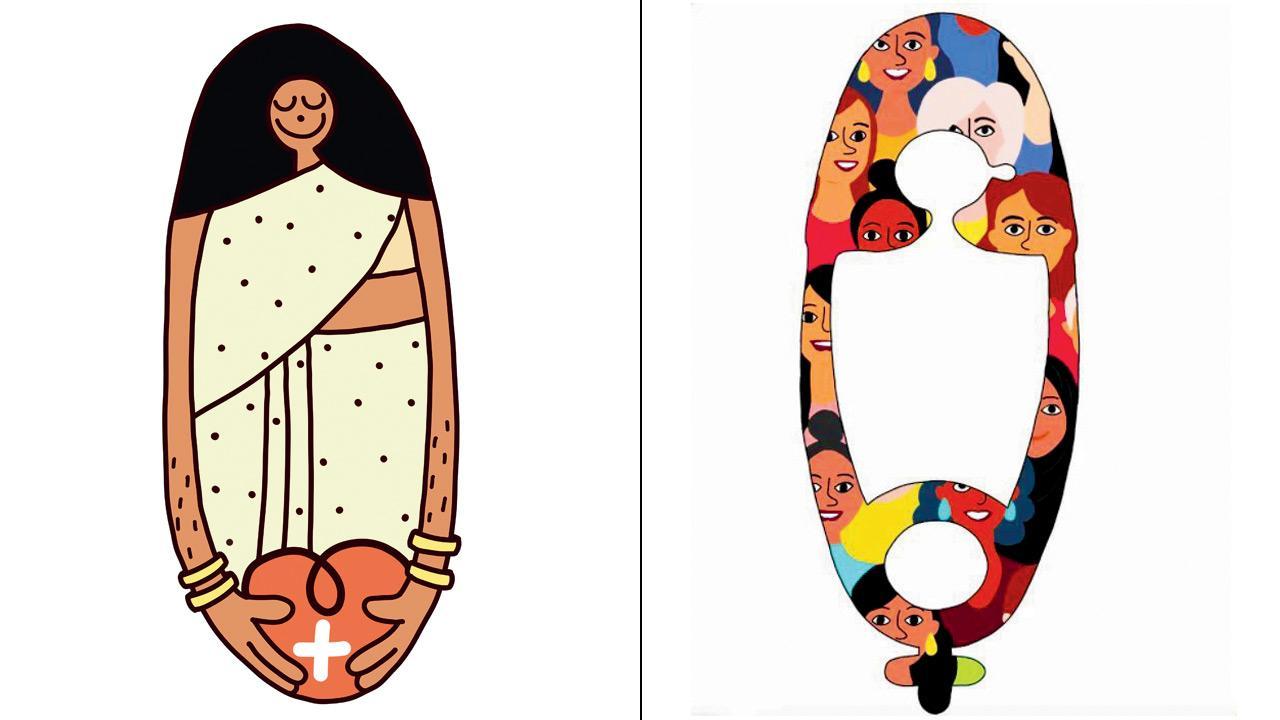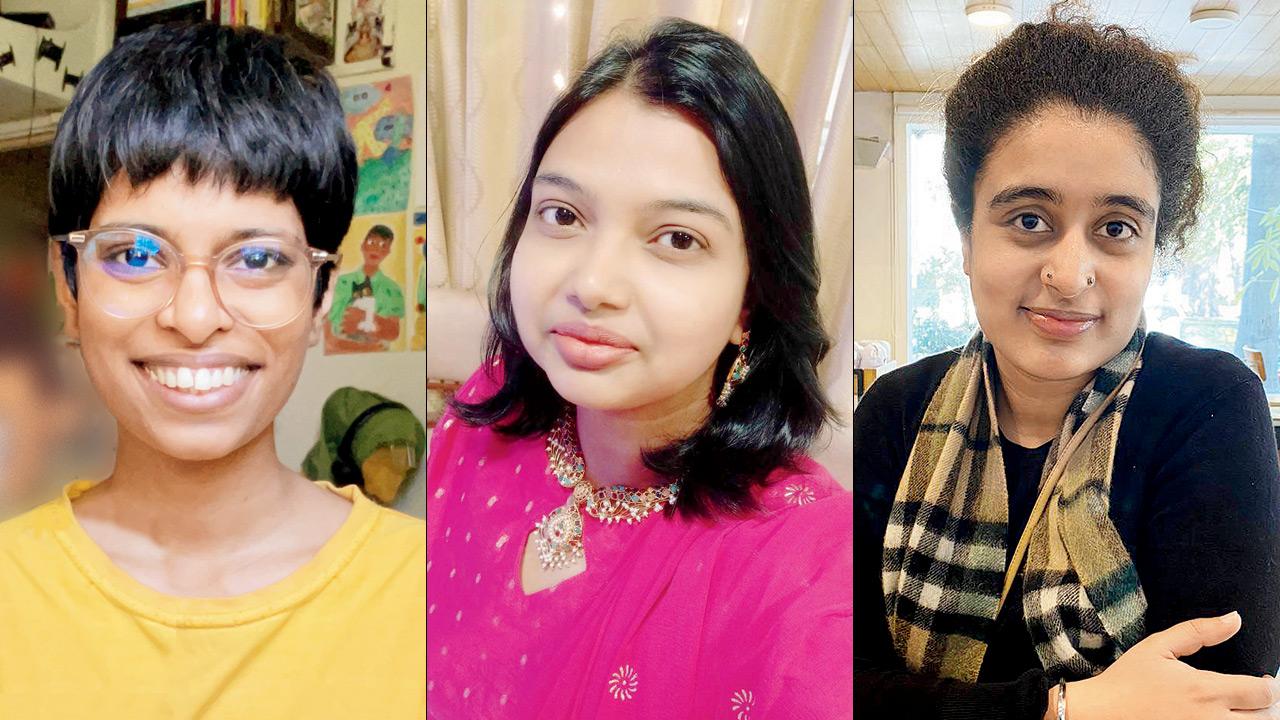A campaign is building a safe place for women to demand dignified healthcare. Collaborators reveal how the drive resonated with them

Artwork by Mali (right) Artwork by Wagal
While in labour, a woman at a government hospital in the country was slapped hard for shouting in pain. Miles away, a young woman in a bigger city was judged for visiting a doctor without a parent or her husband. And, “bear with it,” is common advice from medical professionals for period cramps. Gender-based discrimination in the health sector is a reality across rural and urban India. With a view to address the lack of sensitivity and demand ‘basic’ dignity in healthcare, Khud Se Pooche, a women-led and women-centric initiative, is hoping to develop a safe space for every ally.
Campaign lead Gurpriya Singh tells us, “The project is physically based out of Bihar, but the Internet helped us facilitate natiowide mobility. When we started out, it was difficult to find a byword for dignity in Hindi. We realised that most women had no access to proper medical care, and indignity was such a large chunk of their daily lives that identifying it in relation to health could only be an afterthought.” Singh explains that the need for a campaign calling for safe medical care through art was felt in the course of many workshops. “In one such workshop, the safety pin emerged as a symbol of dignity for sufferers,” she notes. The project then collaborated with artists and creators to get the ball rolling.

Aditi Mali, Gandhali Wagal, Gurpriya Singh
Mumbai-based designer Pearl D’Souza, who contributed to the campaign, feels women from rural areas are often stereotyped in media. “Their real life experiences are invisibilised. Through my artwork, I wanted to show these women as a collective; fighting for what they deserve. They look happy, harmonious, and have a sense of togetherness.” She reasons that as opposed to urban settings, women in backward areas face logistical and financial problems; they also fight invisible factors like the lack of support systems and acknowledgement of problems. The disparity in access and validation, and the fact that Khud Se Pooche is trying to bridge that gap, resonated with her.
The drive brought back an upsetting early memory for artist-animator Aditi Mali: “The medical space exudes a very obvious power dynamic. When I was 15, I had eczema. The doctor shamed me saying, ‘You are a girl. You are supposed to stay clean.’ That situation rendered me powerless, but as now, I want others to learn from my instance. Besides access to healthcare, we also need quality of service as a doctor’s chamber is the last place you’d want to feel unsafe in.”
Gandhali Wagal’s safety pin-inspired art shows colourful faces of women on the fringes of the pin. It is as if the room for conscious treatment is being erected and guarded by women. “While creating the piece, I was reminded of an article where a woman was constantly sacrificing her choice. Although a fictional story, I think it is an ordinary occurrence in our society.”
Log on to: @khudsepooche on Instagram
 Subscribe today by clicking the link and stay updated with the latest news!" Click here!
Subscribe today by clicking the link and stay updated with the latest news!" Click here!










